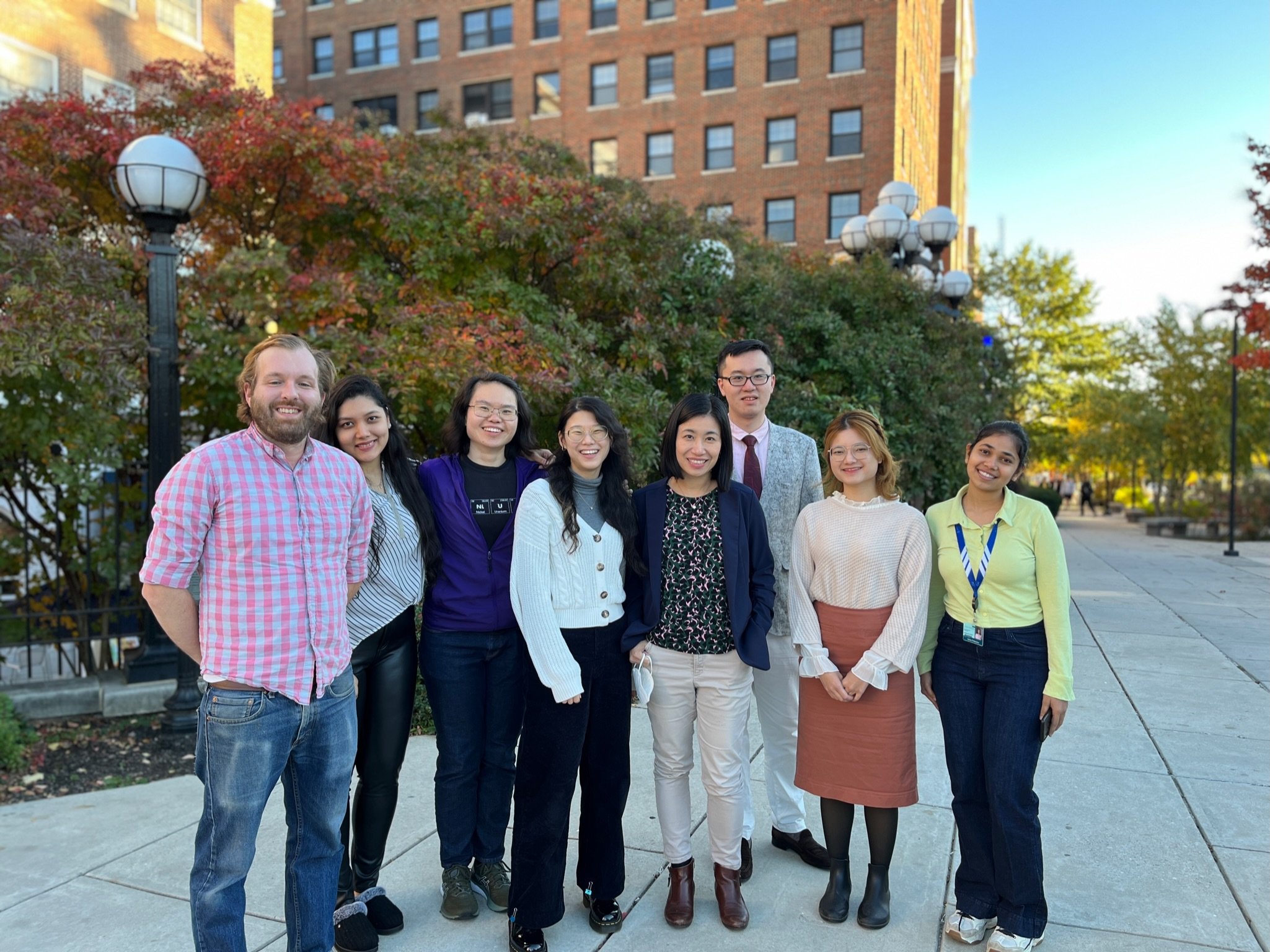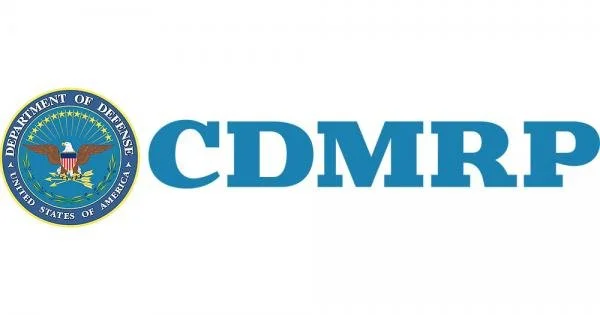Our Mission
To Understand How Biomolecular Condensates Regulate Cellular Homeostasis and Cancer Formation
Master transcription co-activator YAP (in green) forms biomolecular condensates in cell under hyperosmotic stress, and attracts transcription factor (TEAD1, in magenta) into the droplets.
What do lava lamps and cells have in common? Why do cells sometimes light up like a lava lamp (image on the left)? The Cai lab is interested in studying the mysterious liquid-like compartments in cell, just like oil droplets in a lava lamp. Termed “biomolecular condensates“ or membrane-less organelles, these compartments perform important functions in cell such as transcription, chromatin organization, and cellular stress response, and are intimately linked to cellular homeostasis and diseases such as neurodegeneration and cancer. However, how they form and function are very poorly understood.
The Cai Lab aims to tackle this important question, using advanced imaging and proteomics tools.
Celebration for the R35 MIRA grant-2021
Cai Lab attending the BMB Departmental Retreat-Fall 2022
We are a diverse and interdisciplinary group of scientists who believe that curiosity-driven research can lead to ground-breaking discoveries. Located in the Biochemistry and Molecular Biology Department at Johns Hopkins Bloomberg School of Public Health, we embrace the frequent intellectual interactions and collaborations with physician scientists, engineers, and mathematicians at Johns Hopkins University and throughout the world.
We are now actively recruiting. The Cai Lab member are trained in cutting edge microscopy technique, including super-resolution, and single-molecule imaging, combined with advanced proteomics, and work on many interesting problems related to biomolecular condensates.
Funding sources:
We appreciate the generous funding from:
National Institute of General Medical Sciences, National Institutes of Health
Department of Defense, Congressionally Directed Medical Research Programs, Kidney Cancer Research Programs
Johns Hopkins Bloomberg School of Public Health





